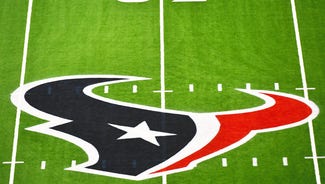





































































































































Trump as Bills' general could have plenty of pitfalls

Word out of western New York Tuesday was that Donald Trump might be interested in buying the Buffalo Bills, but if the billionaire business tycoon’s previous tenure as a pro football owner is any indication of what could be to come, the Bills, already one of the league’s most downtrodden franchises, and the NFL might be best served to search elsewhere for new ownership.
The year was 1983, and Trump was a spry, innovative 37-year-old real estate magnate — with a head of hair that at least looked somewhat natural. Trump had just bought the New Jersey Generals and had grand visions of turning the USFL into a force on par with the NFL. An upstart challenging the NFL for football supremacy was as silly a decision then as it would be now, but Trump was unwavering in his belief that it was a manageable task.
“I’ve always undertaken jobs that people said couldn't be done,” Trump told Sports Illustrated in February 1984. “People said that the Grand Hyatt would never be built. Now they see it. They said that Trump Tower would never be built. Now they see it.
“In life you have people who promote and those who manage. I’d like to think that I'm somebody with both qualities. … For the past 10 years people have seen the Jets and Giants. I think the New York-New Jersey area deserves a winner. The Generals have become hot. The season-ticket sales could well top 40,000, maybe 50,000. We've created a stir. There's going to be a lot of excitement.”
One of Trump’s early priorities was moving the USFL season from the spring to the fall, where it would battle the NFL head-on on Sundays. The idea wasn’t initially well-received by many of the league’s owners — Philadelphia Stars owner Myles Tanenbaum called the proposal “way out of line and premature” — but by October 1984, he had convinced all but two head honchos to vote in favor of the move. Trump was nothing if not a shrewd salesman.
Of course, everyone else seemed to recognize it as a bad idea. Hubert Mizell of the St. Petersburg Times described it graphically in the paper’s sports page: “Turn on the gas,” he wrote. “Pass the razor blades. Uncap the pills. Load the revolver. Tie the noose. Pour the poison. The USFL’s looking for more ways to commit suicide. Now, the surest method yet. … There’s no room for the USFL in the fall. No need. And, almost certainly, no future. But, let them play their throat-slitting game.”
But the USFL was scheduled to start playing in the fall in 1986, and there was nothing any sensible minds could do to stop it. Unless the league shut down altogether, that was — and that’s exactly what it did after Trump drove it over the cliff by leading the charge on an antitrust lawsuit against the NFL, which claimed that the league had a monopoly on TV rights.
New, direct competition with NFL teams in many of the league’s home markets caused several USFL teams to fold before the games could even be moved to the fall. Others abandoned ship during the lawsuit, which the USFL eventually lost. (Though it did receive a check from the NFL for $3.76 in damages.) Eventually, the league’s owners decided to suspend the 1986 season, and in the end, the 1985 season — won by the Tanenbaum-owned Baltimore Stars, which moved from Philadelphia rather than compete with the Eagles — proved to be the USFL’s last.
“I think it was a big mistake,” Dr. Ted Diethrich, the former owner of the Chicago Blitz, told USA Today in 2006 when asked about the move to the fall. “When that decision was made, the course for this was charted, and it was going to be a wreck.”
Perhaps it’s not fair to place all of that blame on Trump. To his credit, he had some good ideas, and a considerable amount of top talent was buying what the USFL was selling. Herschel Walker and Doug Flutie were just a couple of the names who dotted the Generals roster during its brief existence, and players such as Steve Young, Reggie White and Jim Kelly also popped up on other rosters around the league.
(Young, incidentally, is still being paid by the Los Angeles Express, whose owner, J. William Oldenburg, signed him to one of the strangest deals anyone is ever apt to see in an effort to outbid Trump for his services.)
But Trump, for all his successes away from the football field, was also was the driving force behind a series of moves that shuttered a promising pro football league in less than three years’ time, and it’s with that failure in mind that the Bills should proceed with caution in any future dealings with The Donald.
You can follow Sam Gardner on Twitter or e-mail him at samgardnerfox@gmail.com.
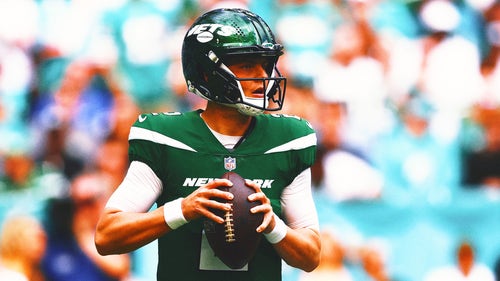
Jets reportedly trading former No. 2 overall pick Zach Wilson to Broncos
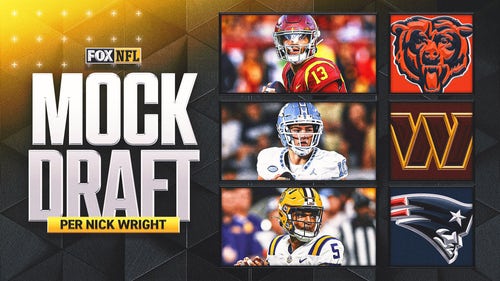
2024 NFL Draft: 5 QBs drafted, Jets add Bowers in Nick Wright's final mock draft
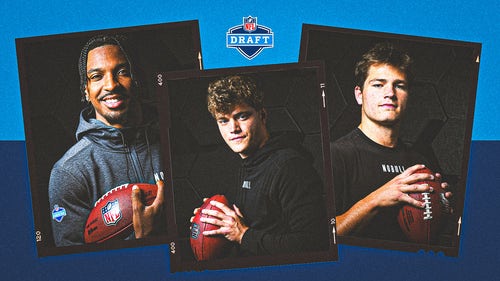
Sportsbooks brace for NFL Draft betting: 'It’s an impossible task'
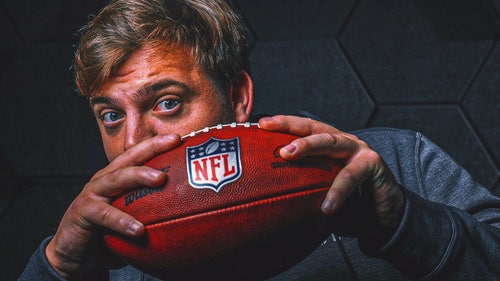
Meet the most interesting player in the 2024 NFL Draft
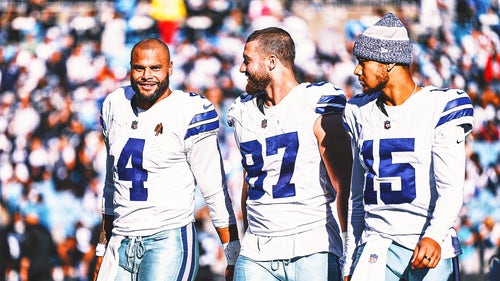
What are Cowboys’ best options at QB if Dak Prescott leaves?
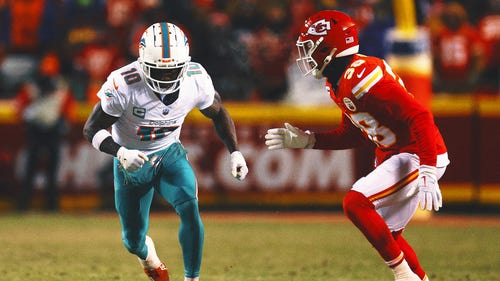
Tyreek Hill reveals Mike McDaniel called him out following playoff loss to Chiefs

2024 NFL Draft Schedule: Date, time, how to watch, TV channel
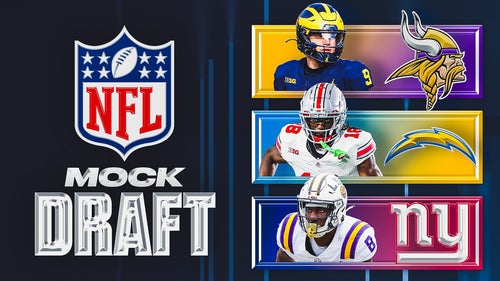
2024 NFL Mock Draft: Chargers, Giants land star wideouts after QBs go 1-4

2024 NFL Schedule Release: Date, when does the season start?


Jets reportedly trading former No. 2 overall pick Zach Wilson to Broncos

2024 NFL Draft: 5 QBs drafted, Jets add Bowers in Nick Wright's final mock draft

Sportsbooks brace for NFL Draft betting: 'It’s an impossible task'

Meet the most interesting player in the 2024 NFL Draft

What are Cowboys’ best options at QB if Dak Prescott leaves?

Tyreek Hill reveals Mike McDaniel called him out following playoff loss to Chiefs

2024 NFL Draft Schedule: Date, time, how to watch, TV channel

2024 NFL Mock Draft: Chargers, Giants land star wideouts after QBs go 1-4

2024 NFL Schedule Release: Date, when does the season start?
